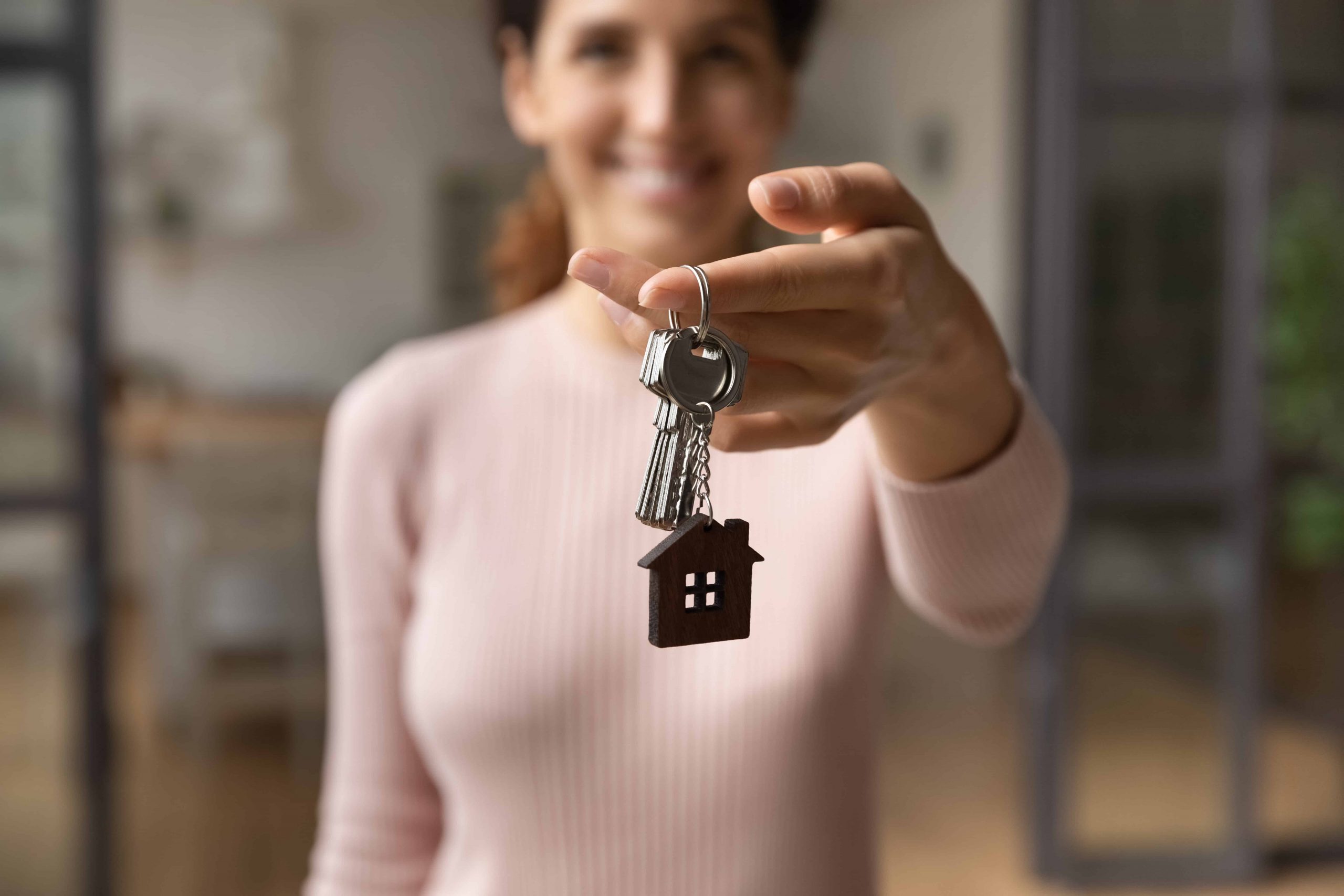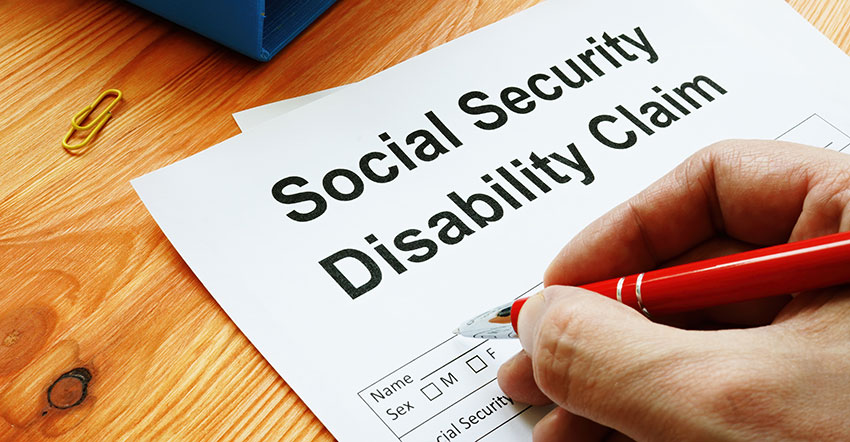Foreclosed homes are properties that have been taken over by banks or lenders because their owners couldn’t pay the mortgage. This situation creates opportunities for people to buy homes at lower prices, but it’s not always simple. There are different types of foreclosed properties, each with its own way of being bought and sold. Each type has its own set of rules and potential advantages. However, there are also challenges. Understanding all these aspects is crucial for anyone considering buying a foreclosed home.
Understanding Foreclosed Homes
Foreclosure begins when a homeowner doesn’t pay their mortgage. Various reasons like losing a job, big medical bills, divorce, or bad economic times can cause homeowners to miss payments. When those payments are missed for some time, the lender starts the foreclosure process to get back the owed money.
The house is then either sold at an auction or taken back by the lender as an REO (Real Estate Owned) property. For people looking to buy, understanding this part is key. It affects when and how they can buy a foreclosed home.
Types of Foreclosed Properties
Auction Homes
When a home is foreclosed, it can be sold to a new owner through an auction. Here, the house usually goes to the highest bidder. Auctions are quick and can be thrilling but also scary for buyers. It’s important for bidders to research beforehand because some homes are sold “as-is” and you might not get to inspect them first.
Government-Owned Properties
Homes owned by government agencies usually come from people not paying back loans covered by groups like HUD (Housing and Urban Development). These homes are great chances for buyers ready to deal with a bit of a tricky process. To buy these homes, you need to work with brokers who are registered and can show listings from places like HUD Home Store.
REO (Real Estate-Owned) Properties
An REO property is a home that wasn’t sold at auction after foreclosure, so the bank or lender owns it again. Buying an REO involves working directly with these financial institutions. This can make talks easier, but it’s important to inspect the house well because it might have maintenance problems that were ignored during foreclosure.
Short Sales
When homeowners owe more on their house than it’s worth and need to sell fast, they might choose a short sale, which the lender must approve. Getting a home at a big discount in a short sale seems great, but buyers should be prepared for long bank approval processes. These processes are designed to reduce the lender’s money loss.
Advantages of Buying Foreclosed Homes
Buying foreclosed homes can be a great opportunity for buyers and investors. They can often buy these homes for less than their usual value. Banks or government groups sell these homes for less to get back some of the money they lost on loans that weren’t paid back. This often makes them a good deal.
One big advantage is you might get lower interest rates, smaller down payments, and less closing costs than with normal home buys. Lenders want to sell these homes quickly, which can be a financial plus and gives buyers a chance to negotiate. Looking at government-owned homes is smart, as they often have special deals to help sell them.
Since sellers seem in a hurry, buyers have a better chance to negotiate a lower price. Foreclosed homes are usually cheaper than others, so there’s a chance to talk down the price. This is good for those wanting a good investment or a cheaper first home. But it’s important for buyers to really understand the process and challenges of buying a foreclosed home.
Challenges in Purchasing Foreclosed Homes
Families who can’t pay their mortgage often can’t keep up their homes either. This lack of money can make foreclosed homes fall into bad shape, creating big challenges for buyers. These homes aren’t just unattractive; they might have serious hidden problems that cost a lot to fix.
Also, foreclosed homes are usually sold “as-is.” This means buyers get the home with all its issues, and any new problems found after buying are their responsibility. While cheaper at first, these homes could end up costing more later. It’s important to know what “as-is” really means before buying.
The low prices of foreclosed homes attract many buyers, including investors with ready cash. For people looking for a home, not just an investment, competing with these cash-ready investors can be tough and sometimes unsuccessful.
Overall
In conclusion, buying a foreclosed home can be a smart financial move, offering the chance to purchase property at a lower cost. However, it’s not a simple process. There are various types of foreclosed properties, each with unique ways to buy and potential benefits. But, they also come with challenges, like the possibility of needing significant repairs and competing with other buyers, including cash-ready investors. Understanding the different aspects of foreclosure, from auctions to REO properties and short sales, is essential. It’s important for buyers to be aware of what “as-is” means and the potential for extra costs. With careful consideration and thorough research, purchasing a foreclosed home can be a valuable investment or a way into homeownership. However, it’s important to understand all the details involved to make an informed decision.



